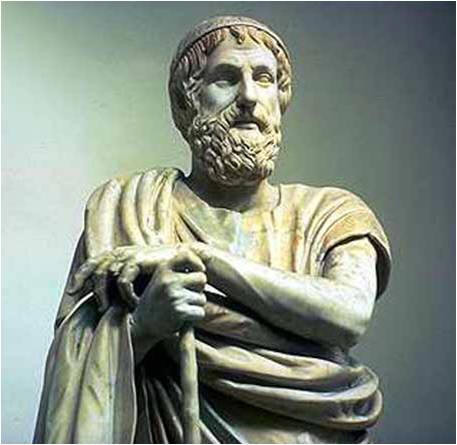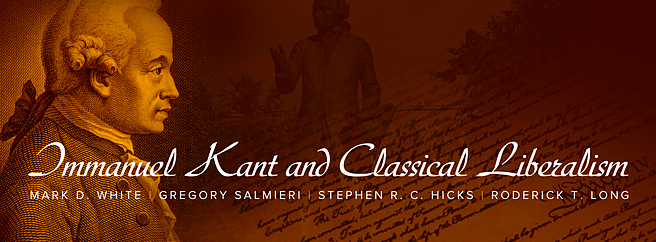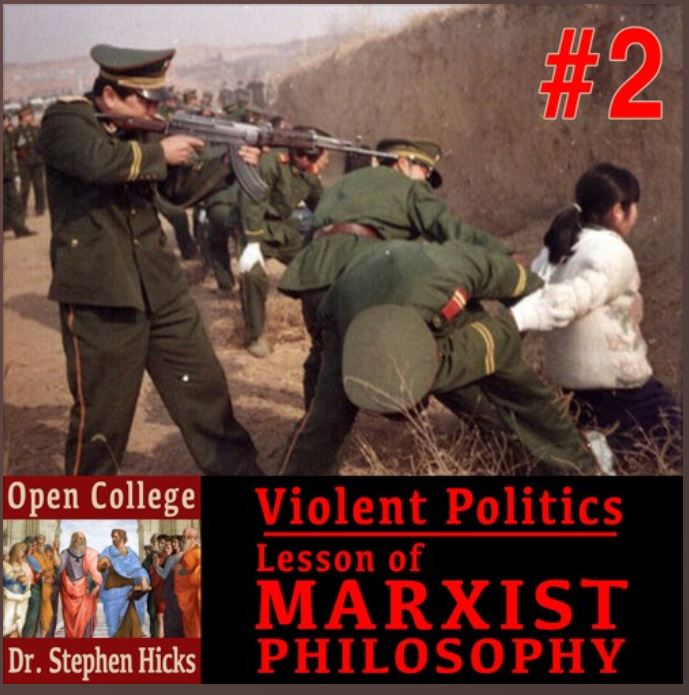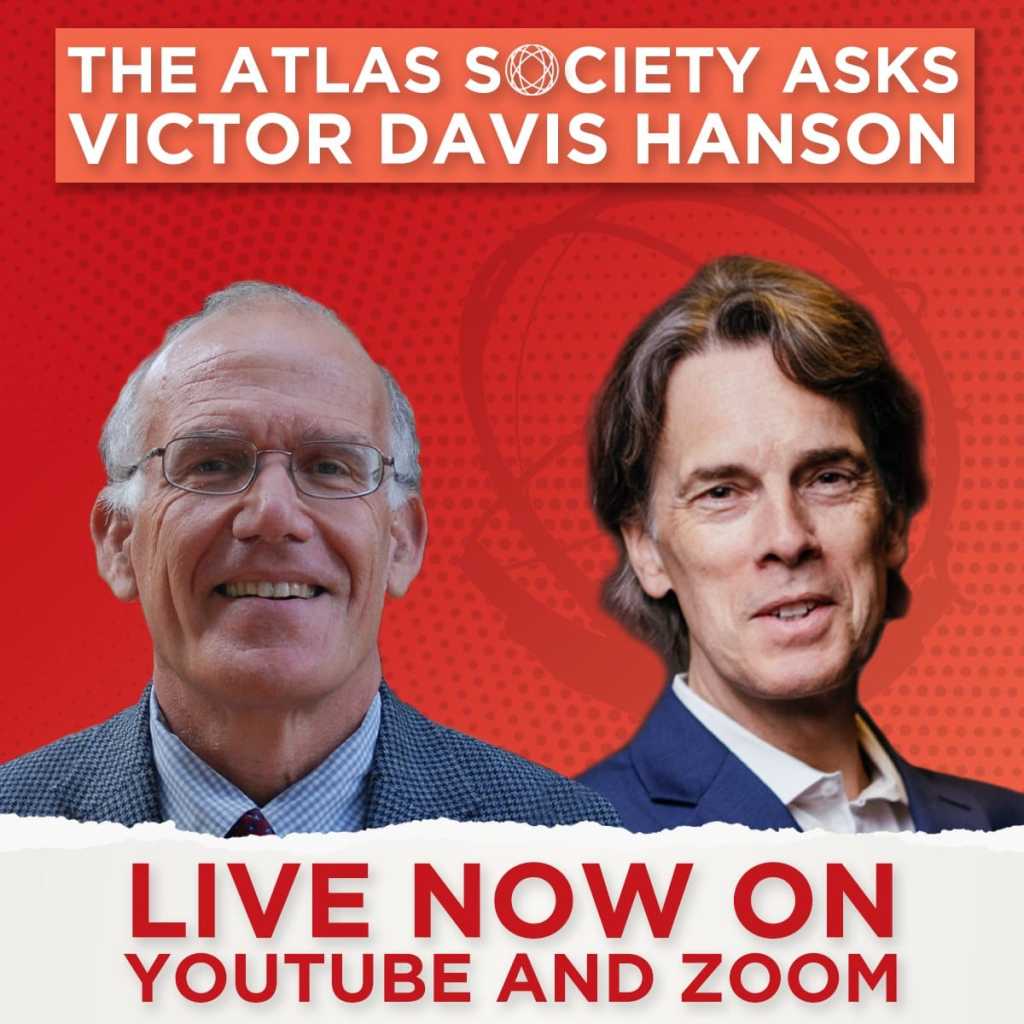Imperialism, the Highest Stage of Capitalism [Atlas Intellectuals]
This week in the Atlas Intellectuals course on Capitalism we consider the continuing impact of Vladimir Lenin’s Imperialism, the Highest Stage of Capitalism. We here summarize Lenin’s “Preface,” in which he presents his core themes. The full course: https://www.atlassociety.org/course/capitalism. Other Atlas Intellectuals courses on Socialism, Objectivity, Money, Robotics, and more: https://www.atlassociety.org/atlas-university/atlas-intellectuals
Imperialism, the Highest Stage of Capitalism [Atlas Intellectuals] Read More »




